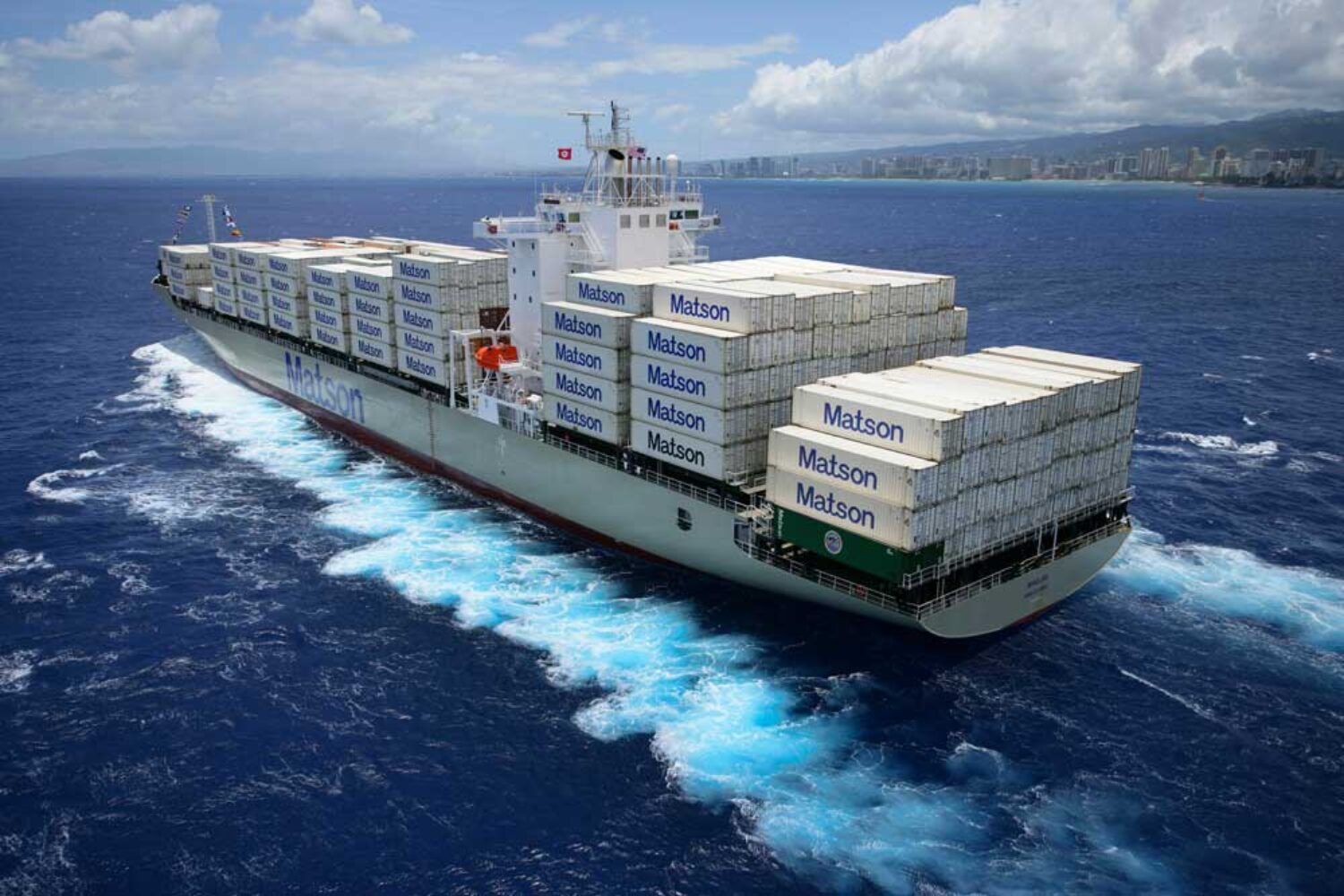The introduction of port charges for US-flagged ships by China, in retaliation for the fees imposed by the US Trade Representative (USTR), is unlikely to bring any noticeable relief for the Chinese container shipping companies Cosco Shipping Lines and Hede Shipping.
The measure would primarily affect the US carrier Matson and the US-flagged vessels operated by APL, a subsidiary of CMA CGM. On September 28, China’s State Council ordered that special charges be levied on ships from countries that “discriminate against Chinese vessels.” US ships could even be banned from entering Chinese ports.
According to container consultancy Linerlytica, however, the Chinese countermeasure will have little effect, as the fleets of Matson and APL are very small compared to Cosco. Linerlytica estimates that Chinese operators could pay up to US$1.15 billion in the first year under the US tariffs — compared with only US$180 million for US carriers.
Non-Chinese carriers moving out of the US
Meanwhile, many non-Chinese carriers are withdrawing from the US market as the USTR-301 tariffs take effect on October 14 for ships built in China. MSC, CMA CGM, ONE and Zim are among those adjusting fleet deployments at short notice. Most non-Chinese operators can avoid the USTR charges, with only a few exceptions: just four non-exempt vessels are scheduled to arrive in the US during October — three from Zim and one from Hapag-Lloyd.
Cosco has pledged to maintain its transpacific capacity — a sign of possible rate competition amid falling freight levels. Hede, meanwhile, continues to operate its only transpacific service, HDS2, with a single vessel and four blank sailings per five-week cycle.
“Both Hede and Cosco are unwilling to withdraw capacity from the US, despite the impending USTR port charges,” notes Linerlytica. “CMA CGM and MSC are leading efforts to raise rates to between US$1,800 and US$2,200 per 40-foot container from October 15, but the lack of capacity adjustments is likely to limit potential increases. The US government shutdown has no impact on imports, as US Customs and Border Protection (CBP) remains operational.”













